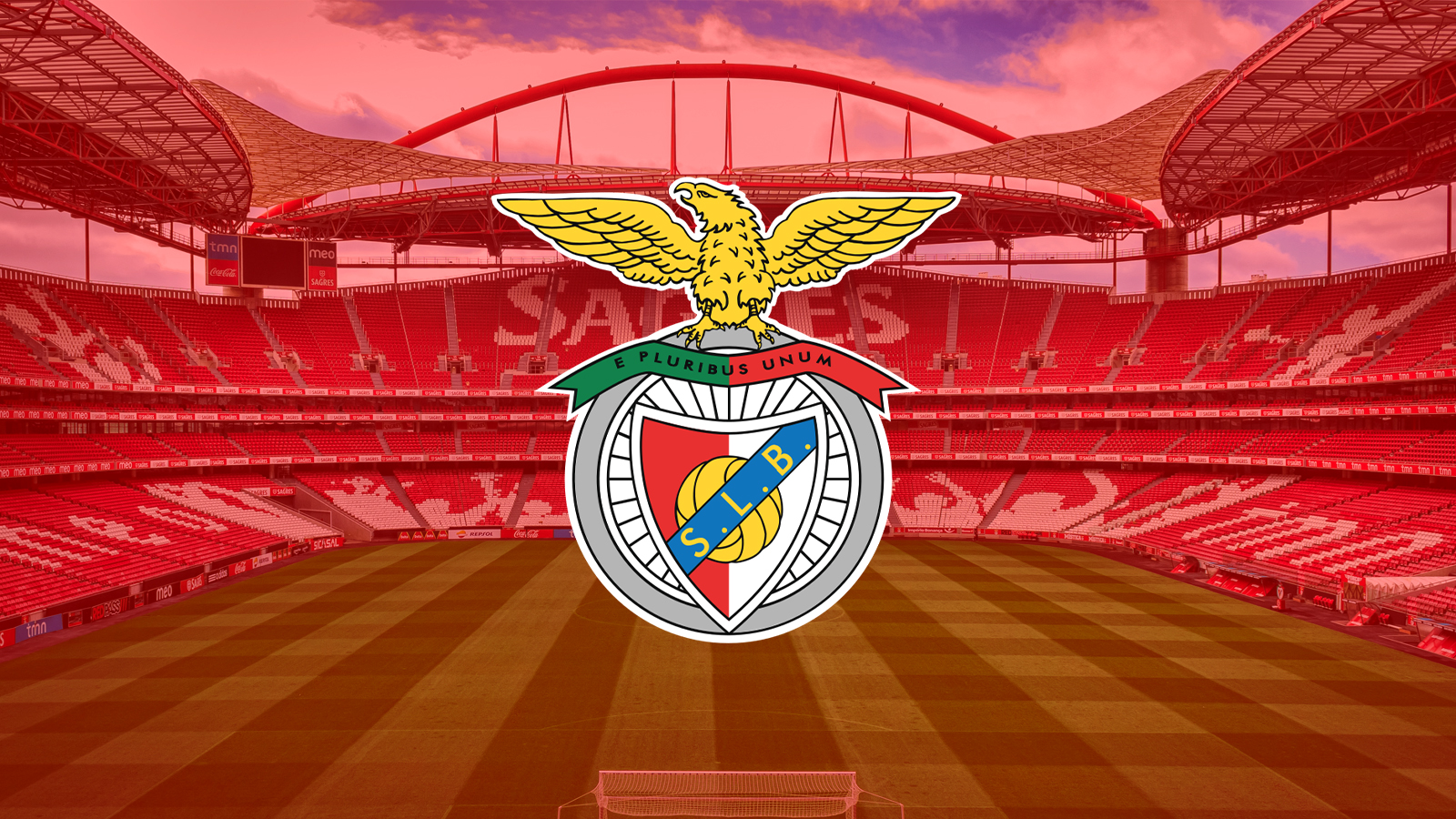Ja Te Volim means I love you in Croatian.
In Portuguese “amas-me” translates to “you love me” in English.
Euro 2000 was the 11th edition of the UEFA European Championship, a football tournament held in Belgium and the Netherlands from June 10 to July 2, 2000. France emerged as the champions, defeating Italy 2-1 in the final thanks to a golden goal scored by David Trezeguet. This tournament is remembered for its exciting matches, high-scoring games, and the introduction of the golden goal rule, which was later abolished by UEFA.
Nelly Furtado is a Canadian singer-songwriter who rose to fame in the early 2000s with hit songs like “I’m Like a Bird” and “Promiscuous.” She released her debut album “Whoa, Nelly!” in 2000 and has continued to make music throughout the millennium.
Jubilee 2000 was a global campaign that called for the cancellation of the debt of the world’s poorest countries by the year 2000. The campaign was launched in 1996 by a coalition of religious and development organizations, including churches, charities, and NGOs, and gained widespread support from individuals and governments around the world. The goal of Jubilee 2000 was to raise awareness about the crippling debt burden faced by many developing countries, which was seen as a major obstacle to their economic development and poverty reduction efforts. The campaign argued that the debt was unjust and unpayable, and called for the cancellation of debts owed by the poorest countries to international financial institutions such as the World Bank and the IMF. Jubilee 2000 mobilized millions of people around the world to take action, including signing petitions, participating in protests, and lobbying their governments to support debt cancellation. The campaign was successful in putting pressure on world leaders to address the issue of debt relief for developing countries, and in 1999, the G8 group of industrialized nations announced a plan to provide debt relief to eligible countries. While Jubilee 2000 did not achieve its goal of canceling all debt by the year 2000, it was successful in raising awareness about the impact of debt on the world’s poorest countries and in pushing for significant debt relief measures. The campaign continued to advocate for debt cancellation in the years following its official end in 2000, and its legacy can be seen in the ongoing efforts to address debt sustainability and promote economic justice for developing countries.
The term “Messiah Millennium” refers to the belief in a future golden age of peace and prosperity that will be brought about by the arrival of a messianic figure or savior. This concept is found in various religious traditions, including Christianity, Judaism, and Islam. The idea is that the messiah will establish a thousand-year reign of peace and justice on Earth, ushering in a time of spiritual enlightenment and harmony among all people. This belief is often associated with the end times or eschatological events in these religions.
The bombing of Serbia was a NATO military operation that took place from March to June 1999 during the Kosovo War. The bombings were carried out in response to Serbian forces’ campaign of ethnic cleansing in Kosovo, which resulted in thousands of deaths and forced hundreds of thousands of ethnic Albanians to flee their homes. NATO launched a sustained air campaign against Serbian military targets, infrastructure, and government buildings in an effort to pressure the Serbian government to end its campaign in Kosovo. The bombings ultimately led to the withdrawal of Serbian forces from Kosovo and the establishment of a UN peacekeeping mission in the region. The bombing campaign was controversial and resulted in civilian casualties, damage to infrastructure, and accusations of war crimes. However, it is widely seen as having been successful in achieving its objective of ending the violence in Kosovo and protecting the civilian population.
The victory in the Croatian War of Independence in the early 1990s was a significant moment in Croatian history. After declaring independence from Yugoslavia in 1991, Croatia faced a brutal conflict with Serbian forces who sought to prevent the break-up of the country. The war lasted for four years and resulted in thousands of casualties and widespread destruction. Despite the challenges, Croatia ultimately emerged victorious and secured its independence. The war ended with the signing of the Erdut Agreement in 1995, which established a ceasefire and paved the way for the peaceful reintegration of the Serb-held territories. This victory marked a new chapter in Croatian history and solidified the country’s sovereignty and independence.
Croatia became a member of the European Union on July 1, 2013. The country joined the EU after meeting all the necessary criteria and undergoing a rigorous accession process. Croatia’s membership in the EU has allowed it to benefit from increased trade and investment opportunities, as well as access to EU funds and programs. Croatia is also part of the Schengen Area, which allows for passport-free travel within most of the EU countries.
Portugal is a member of the European Union, having joined the organization in 1986. As a member state, Portugal participates in the decision-making processes of the EU and benefits from various economic and social policies, as well as access to the single market. The EU has also provided funding for infrastructure projects and development programs in Portugal. The country’s relationship with the EU has had a significant impact on its economy and political landscape.
